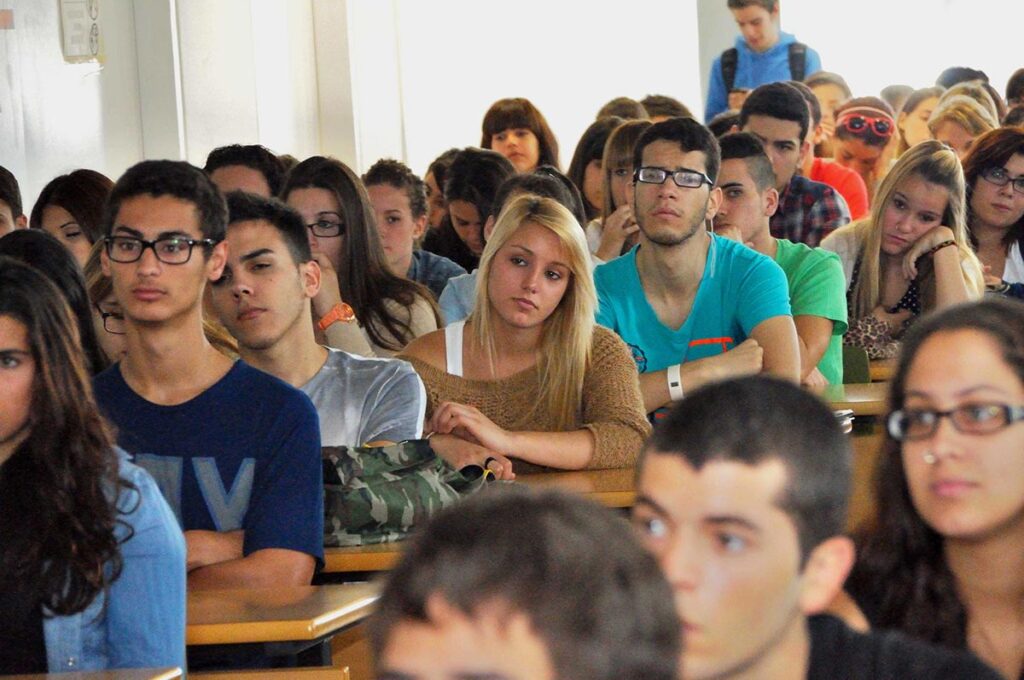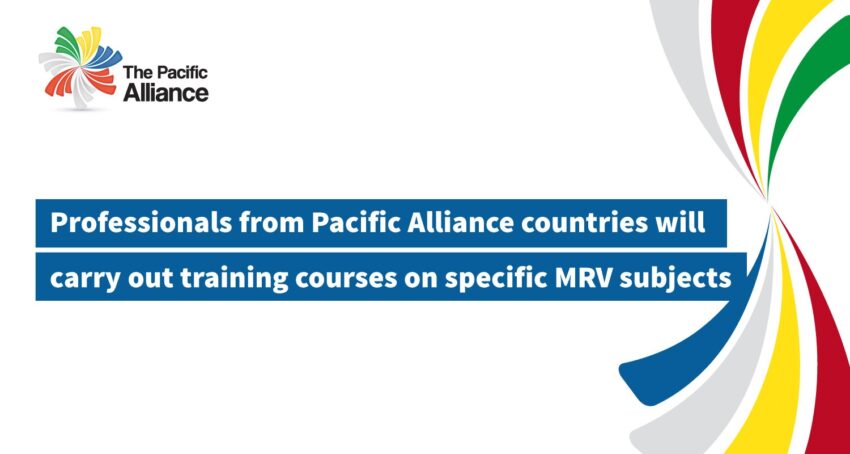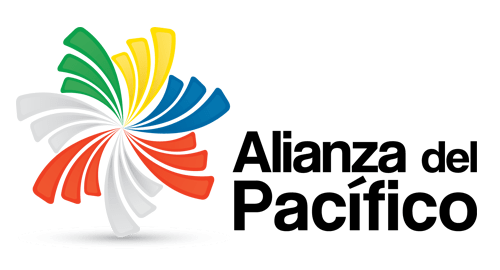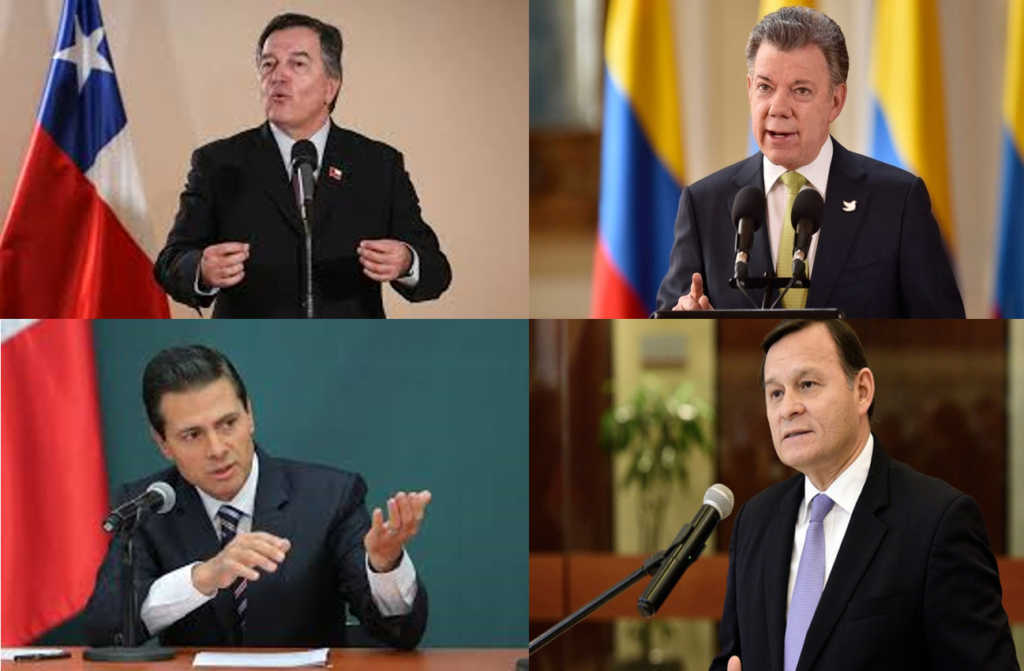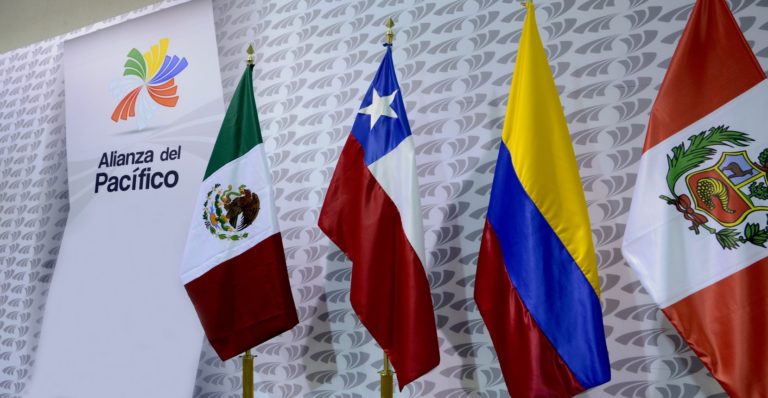The Pacific Alliance Entrepreneurship and Innovation Forum expands its horizons to the European market.
October 7, 2024.- The Pacific Alliance announced the opening of the calls for the XI version of the Entrepreneurship and Innovation Forum LAB4+. The activity will take place from November 20 to 23, 2024 at the Bicentennial Park, Vitacura, in Santiago, Chile.
This year, under the pro tempore presidency of Chile, the Forum will be part of EtM Day, the largest innovation meeting in the region held annually in Santiago de Chile; and will seek to enhance the impact of service and innovation companies from Chile, Colombia, Mexico and Peru, and North America, expanding its reach to European markets.
LAB4+ has established itself as an iconic event for the export of services based on technology and innovation, being a key meeting point between entrepreneurs, investors, buyers and exporters of the 4.0 industry ecosystem of the member countries of the Pacific Alliance. This year, the link with the European ecosystem reinforces the Forum’s commitment to position the Alliance as a regional integration bloc that promotes entrepreneurship, innovation and trade in services.
About the activity
Organized by the Technical Group of Promotion Agencies of the Pacific Alliance (ProChile, ProColombia, Secretariat of Economy of Mexico and PromPerú), the LAB4+ Forum will offer a complete experience with four main components.
-
Academic Agenda/Conference Program: Experts from the innovation ecosystem and representatives from promotion agencies will share their knowledge on key topics for business development in the prioritized markets. In addition, there will be academic support for startups to prepare their pitches.
-
Orientation sessions: Leaders of companies in target sectors will present key aspects for doing business in the selected markets.
-
Business Roundtable: Exporting companies from the AP bloc will present their offer to international buyers, with the aim of generating effective business meetings.
-
Pitch Sessions: Startups from the AP block will present their innovations to major international investors, with a focus on sectors such as FinTech, HealthTech, AgriTech, EdTech, PropTech, among others.
Participation Process
Companies interested in participating in the Business Roundtable or Pitch Sessions must register through the official website of the event, completing the registration form before October 30. These registrations will be validated by the promotion agencies of each country and the selected companies will receive a confirmation email.
Registration and activities schedule
- Registration: October 1 to 30
- Validation and confirmation of companies: October 7 – November 8
- Scheduling of business appointments: October 14 to November 11
- Academic day: October 29th
- Startups/Pitch Qualifiers: November 4 to November 8
- LAB4+ Forum: November 20th to 23rd
This event promises to be a unique platform to strengthen business integration and innovation in the region, and explore new prioritized opportunities.
Communications PPT 2024 Pacific Alliance



